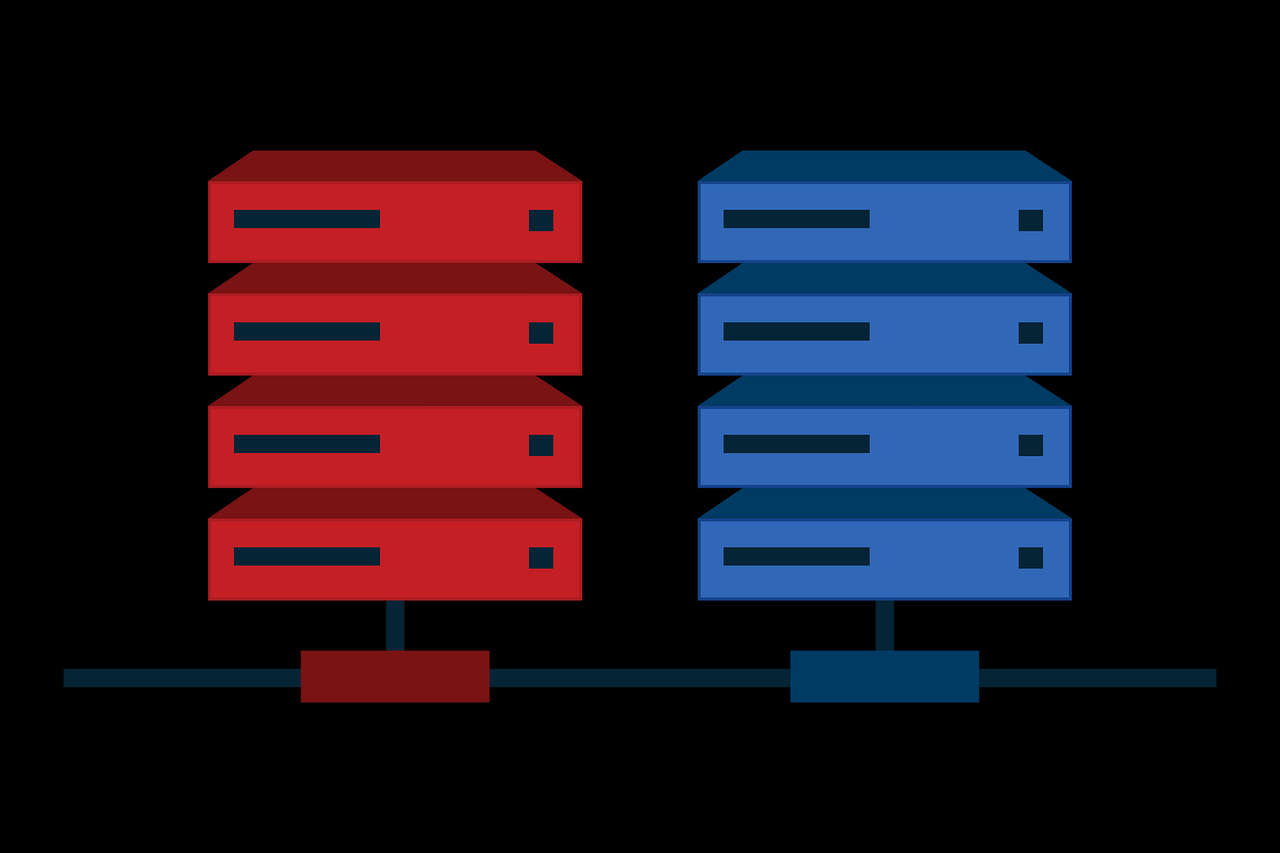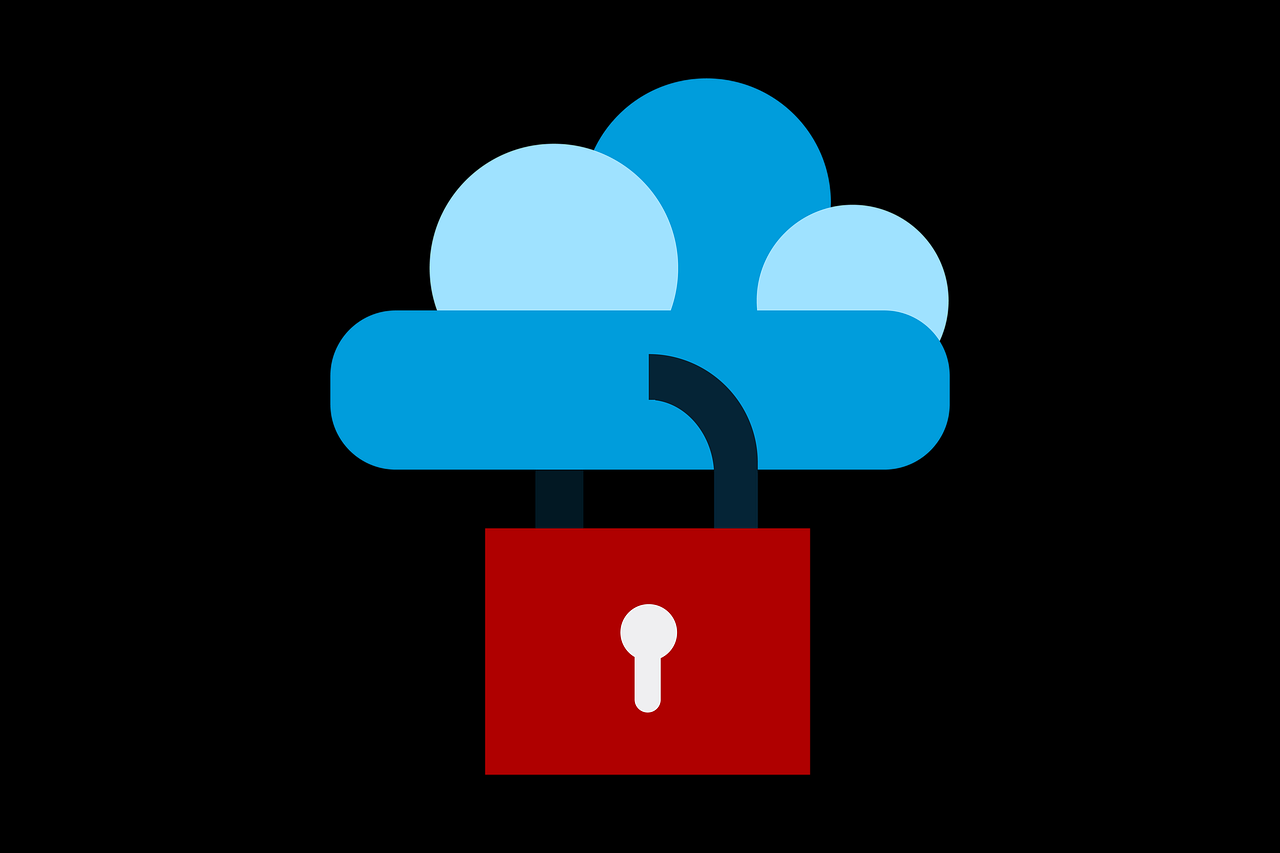Ugh, choosing a cloud server... feels like navigating a maze blindfolded sometimes, right? Especially when you need something that works smoothly internationally, maybe for a side hustle or just accessing information. So many options, so much jargon... it's enough to make your head spin, honestly.
云服务器选择困难症?聊聊我的踩坑与心得
Seriously though, picking the right 'home' for your website, app, or even just for specific online tasks isn't trivial. You've got things like stability – nobody wants their project crashing randomly when they least expect it. Then there's speed, because let's face it, patience is a virtue few possess online these days. Location matters *a lot*, especially if you're dealing with users or services across borders. Think about accessing stuff in Europe or Asia from the US, or vice-versa. And of course, the price tag always looms large. Finding that sweet spot between performance and cost? Yeah, that's the tricky part. For many folks doing cross-border things, like maybe running an Amazon store, dealing with Google Ads internationally, or even managing TikTok live streams for different regions, servers in places like Hong Kong often pop up. Why? Well,老实讲, they generally offer good connectivity both ways – connecting well to mainland China and the rest of the world, often without the same access restrictions you might find with mainland servers trying to reach international sites.
So, what *is* a cloud server anyway, in simple terms? Think of it like renting a flexible piece of a powerful computer housed in a secure data center somewhere else in the world. You get your own virtual private space (often called a VPS - Virtual Private Server) to install software, host websites, run applications, whatever you need. Now, you hear technical terms like BGP and CN2 lines thrown around.坦白说, I didn't fully grasp it at first either. But basically, they're about how your data travels across the internet. BGP helps find efficient paths globally, while CN2 is often a premium, optimized route specifically for traffic going in and out of China. Having good routing like this is like having access to a less congested highway for your data – things just move faster and more reliably. This is super important if, say, you have users in China needing to access your service hosted elsewhere, or if you're in China needing smooth access to global resources.

Okay, story time – and a bit embarrassing, maybe. My first foray into getting an overseas server? Total disaster. I was trying to set up a small data backup solution for myself, nothing fancy. I went for the absolute *cheapest* option I could find from some provider I'd never heard of. Seemed like a steal! Uh huh. Turned out the server connection was incredibly unstable. One minute it worked, the next it was slower than dial-up. Trying to upload anything substantial was pure pain. And getting support? Might as well have been shouting into the void. I remember feeling so frustrated, thinking, "Is this really how it's supposed to work?!" Learned my lesson the hard way: super cheap often means super compromised performance or reliability somewhere down the line.
That little fiasco made me rethink my approach. Maybe, just maybe, focusing *only* on the lowest price wasn't the smartest move? It's like buying tools – the cheapest screwdriver might strip the first screw you try, right? You need something that's actually fit for the job. Reliability and decent speed suddenly seemed way more important. I started looking for providers that had a reputation for being stable *and* reasonably priced, especially for international connections.
That's when I started noticing providers focusing on specific regions or strengths. For instance, I came across mentions of **蓝梯子 (LanTiZi)**. They seem to market themselves as a provider focusing on overseas servers (places like Hong Kong, US, Japan, Korea, Singapore, Germany, etc.) that are both stable and affordable. Their whole angle seems to be hitting that balance. Digging a bit, I saw they offer various plans, sometimes promoting things like a 2-core, 4GB RAM, 5Mbps bandwidth Hong Kong server for around 25-26 yuan a month, which,说实话, sounds pretty competitive. They also mention using those BGP and CN2 lines, which, after my previous laggy experience, definitely caught my attention for potentially smoother access. It seems like these kinds of setups are popular for folks doing跨境电商 (cross-border e-commerce) or needing reliable access to international platforms.
Here’s another little anecdote – a discovery, really. A friend was trying to participate in some online courses hosted on European servers. From here, the video lectures were constantly buffering, making it almost impossible to follow along. We initially thought it was just her home internet. But then, just as an experiment, she tried accessing the course materials through a simple, low-cost overseas VPS (I think it was a US-based one in this case, maybe something basic like a 4H4G5M config which some providers like **蓝梯子** offer for around 23-27 yuan/month). Suddenly, the buffering issues vanished. It wasn't her internet speed itself, but the *routing* and *latency* to the specific server location. It was a real "aha!" moment – sometimes the bottleneck isn't your local connection, but the path your data has to travel globally. Having a server closer to your target resource, or one with better international peering, can make a world of difference.

But hey, even with a decent provider, things aren't always perfect, right? Sometimes you might find your Hong Kong server, or any server for that matter, feeling sluggish. Why could that be? Well, it could be temporary network congestion (like rush hour on the internet highway), or maybe the server's hardware in the data center isn't top-notch (less likely with reputable providers, but possible). Sometimes, it could even be malicious traffic, like a DDoS attack trying to overwhelm the server – though good providers usually have defenses against that. Or, and this is common, maybe your project has simply outgrown the server plan you chose? Like trying to fit a growing family into a studio apartment. If you're running more complex applications or getting more traffic, you might just need more resources (CPU, RAM, bandwidth).
So, after all this rambling, what's the practical advice? Honestly, my main takeaway is this: there's no single 'best' cloud server for everyone. It really, *really* boils down to your specific needs. First, take a moment and clearly define what you need the server for. Who are your main users or what services are you accessing? Where are they located? This helps determine the best server location. Second, don't just chase the absolute lowest price tag – remember my disastrous first attempt! Balance cost with performance and stability. Look for providers with a good reputation in the region you need. Check if they offer the kind of network routing (like BGP or CN2) that benefits your use case. Third, consider providers known for good value in the overseas market if that's what you need. For example, companies like **蓝梯子** often pop up because they focus on stable, low-cost overseas options (like those HK/US servers for ~25-35 RMB or roughly $3-5 USD/month for basic configs) which can be great for small businesses, developers, or specific tasks like accessing international networks for e-commerce or learning. But always try to find recent user reviews if you can! Finally, don't be afraid to start small. Most cloud server providers offer flexible plans. You can often start with a lower-spec server and easily upgrade the CPU, RAM, or bandwidth later if needed. It’s usually much easier to scale up than to guess perfectly from the start and potentially overpay. Just my two cents, based on my own trial-and-error journey. Hopefully, it helps you navigate the maze a little easier! Good luck! ```







